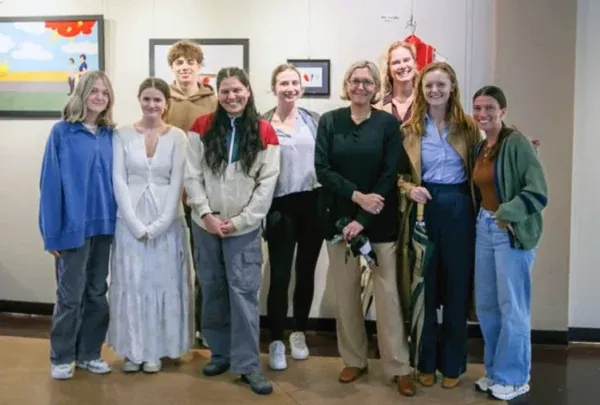March 7, 2024
Moving Beyond Passive Learning: Why Getting Active Boosts Your Grades
Ever felt like you’ve studied your heart out, only to blank out during a test? You’re not alone. Many students fall into the trap of passive studying, thinking that rereading notes or textbooks is enough to ace exams. But spoiler alert: it’s not.
In this blog post, we’re diving into why active studying kicks passive studying to the curb. So, buckle up as we uncover the secrets to boosting your grades by getting active with your learning!
The Pitfall of Passive Learning
Passive learning involves methods such as rereading notes, rewriting information, or memorizing theories. While these techniques may feel less demanding and time-consuming, they lack the engagement and depth required for effective learning. When you passively review material, you’re merely skimming the surface of understanding, failing to engage your brain in the active processes necessary for long-term retention.
Embracing Active Study Techniques
On the other hand, active study techniques demand more from your cognitive faculties. Instead of merely absorbing information, active learning requires you to interact with the material and make it your own. This can involve tasks such as explaining concepts in your own words, formulating questions, and seeking answers actively, or relating theories to real-life examples.
The Power of Engagement and Connection
Active study techniques prompt you to construct meaning from new information, facilitating a deeper understanding and fostering connections between what you already know and what you’re learning. By engaging with the material in a meaningful way, you’re more likely to retain it in your long-term memory.
Examples of Active Learning Strategies
- Explaining Material Aloud: Try teaching the concepts to an imaginary audience or a study buddy. Vocalizing your understanding reinforces your comprehension.
- Formulating Questions: As you read, challenge yourself to generate questions about the material. This not only reinforces your understanding but also prepares you for potential test questions.
- Answering Practice Questions: Actively engaging with practice questions not only tests your knowledge but also highlights areas where you need further review.
- Relating to Real-Life Examples: Making connections between theoretical concepts and real-life situations enhances understanding and makes the material more relatable.
- Concept Mapping: Visualize relationships between concepts by creating concept maps or flow charts. This helps organize information and aids in comprehension.
- Breaking Down Diagrams: Instead of passively glancing over diagrams, dissect them into smaller components and explain how each part contributes to the whole.
- Group Discussions: Participating in group discussions or study sessions encourages active participation and exposes you to different perspectives.
In the pursuit of effective learning, it’s crucial to move beyond passive study techniques and embrace active learning strategies. While passive methods may seem convenient, they pale in comparison to the depth of understanding and retention facilitated by active engagement.
By adopting active study techniques, you not only enhance your academic performance but also cultivate lifelong learning skills that extend far beyond the classroom. So, the next time you sit down to study, remember to engage your mind actively. Your future self will thank you for it.







